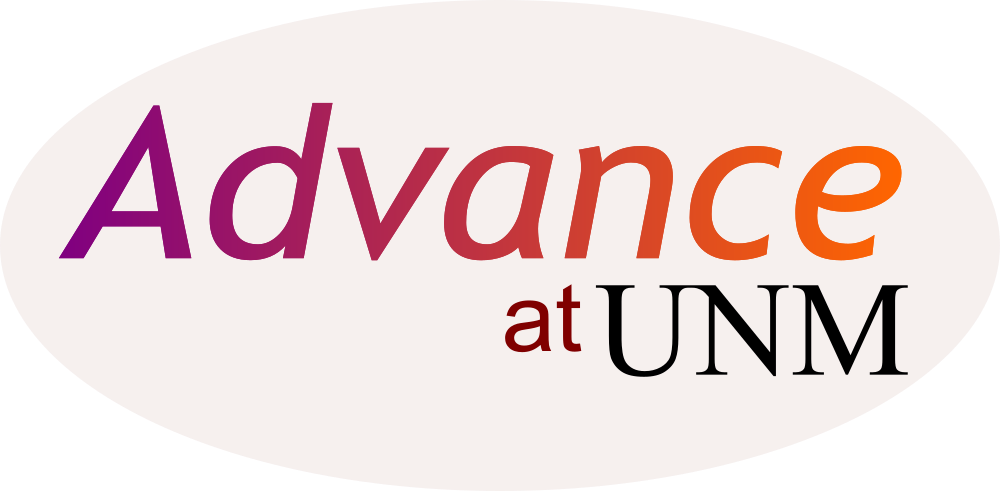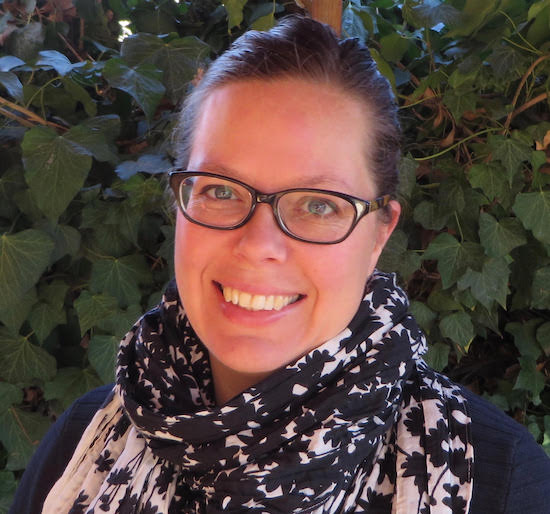STEM Shoutout: Dr. Marygold Walsh-Dilley
UNM associate professor researches impact of COVID-19 on food security of UNM students
Dr. Marygold Walsh-Dilley, an associate professor in the Honors College at UNM, is currently leading a study to determine the patterns of food insecurity among students at UNM with her co-PI Dr. Sarita Cargas (Honors College) and research team members Dr. Katie Coakley (Nutrition), Dr. Heather Mechler (Office of Institutional Analytics) and Shoshana Adler Jaffe (Behavioral Measurement and Population Sciences shared resource).
“The Basic Needs Study at UNM measures the prevalence and patterns of food and housing insecurity experienced by students here at UNM. It began with a focus on food insecurity, which is what my own research and teaching examine, but it expanded to also include housing insecurity because there is a growing interest both here on campus and in the literature more broadly to understand both issues simultaneously,” Walsh-Dilley said.
Because New Mexico has the highest rate of food insecurity in the United States, the group anticipates that food insecurity is especially high among UNM students and may serve as a barrier to academic success. The Basic Needs Study at UNM examines the rates of food and housing insecurity and how they are patterned across different demographic groups on the UNM campus. Because of the COVID-19 pandemic occurred during data collection, the study will also examine the virus’s impact on students’ basic needs over the next few years.
Walsh-Dilley teaches a Food & Society class in the Honors College centered around the politics of hunger in the United States.
“Studies on food insecurity on college campuses that have been conducted just in the past 10 years started showing very high rates of food insecurity, and also started identifying food insecurity as a barrier to academic success among students. We had no idea what the rate was here at UNM, although there are reasons to expect that it might be higher than at other campuses,” Walsh-Dilley said.
“I am really motivated by this work, not only because I was once a food insecure undergraduate, but also because I care about equity in higher education; I want to remove the barriers that prevent first generation, minority students, working class students and others from being successful in college,” Walsh-Dilley said.

